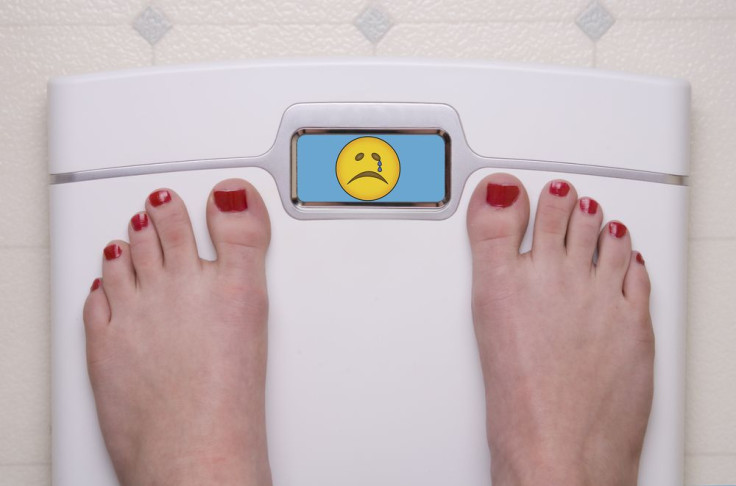Dieting May Cure Obesity And Heart Disease, But It Also Breeds Unhappiness

Whether you are looking to improve your physique, drop a few extra pounds, or develop a healthy lifestyle, dieting is an essential part of losing weight, but is it subsequently compromising our mental health? A recent study conducted at University College London (UCL) suggests that even though dieters are less likely to suffer from obesity or heart disease, they are also less likely to be happy.
“We do not want to discourage anyone from trying to lose weight, which has tremendous physical benefits, but people should not expect weight loss to instantly improve all aspects of life,” Dr. Sarah Jackson from UCL Epidemiology & Public Health said in a statement. “Aspirational advertising by diet brands may give people unrealistic expectations about weight loss. They often promise instant life improvements, which may not be borne out in reality for many people. People should be realistic about weight loss and be prepared for the challenges.”
Jackson and her colleagues recruited 1,979 overweight or obese adults aged 50 or older while excluding participants diagnosed with depression or an underlying chronic illness. The research team weighed each participant at the beginning and end of the study and gauged their mood and overall well-being via a standard questionnaire. By the end of the study, 278 participants had lost at least five percent of their body with an average weight loss of 15 pounds per person in a span of four years.
Overweight or obese people who lost weight were 78 percent more likely to report a depressed mood compared to those who retained five percent of their body weight. When the results were adjusted to reflect underlying health issues and major life events that may have led to despondency, participants who lost weight were still 52 percent more likely to report a depressed mood. Researchers drew attention to a recent survey that revealed 60 percent of overweight or obese adults in the UK are trying to lose weight.
“We can speculate that the experience of restricting food intake and resisting temptations is bound to be hard, despite the undoubted satisfaction of seeing the inches go down and getting fitter,” Jackson added. “Dieting requires considerable willpower and it might involve missing out on special meals and eating in restaurants. It is not necessarily the most pleasant experience for people. Lots of people want to lose weight thinking it will fix all their problems. But while it will go some way towards fixing their health, it won’t necessarily make them happier in the short-term.”
The UCL research team did not consider weight loss to be a direct cause of depression seeing as weight loss and depression may have a common cause. Evidence supporting improvement in the overall mood of people who have lost weight may be spurred on by a supportive environment as opposed weight loss on its own. When recommending weight loss for a medical condition or overall health, physicians should monitor the patient’s mental and physical health while ensuring they have a support system in place that includes friends, family, and fellow dieters.
Source: Wardle J, Kivimaki M, Beeken R, Steptoe A, Jackson S. Psychological Changes following Weight Loss in Overweight and Obese Adults: A Prospective Cohort Study. PLOS ONE. 2014.
Published by Medicaldaily.com



























